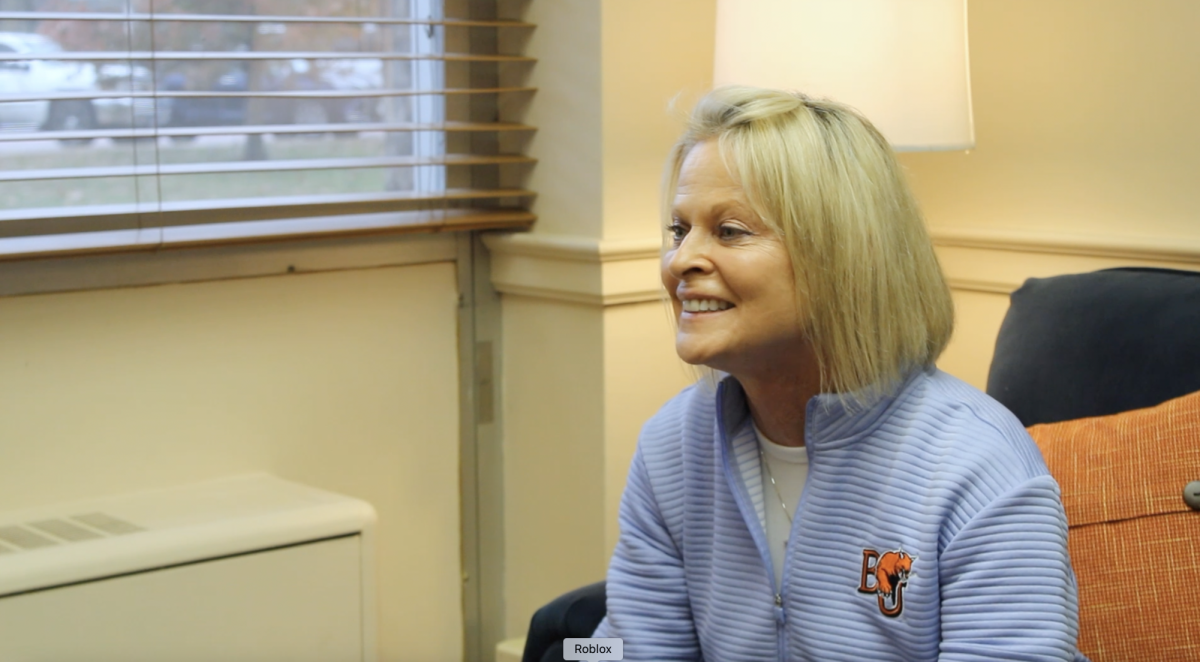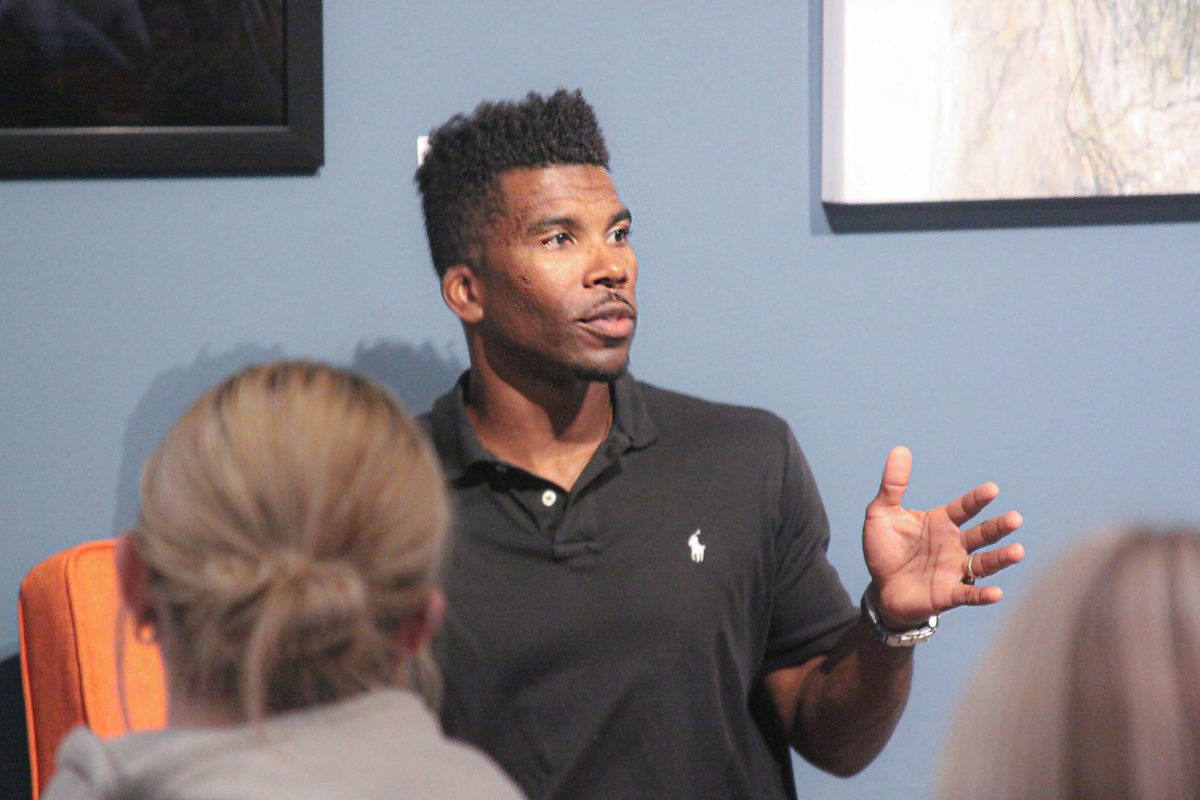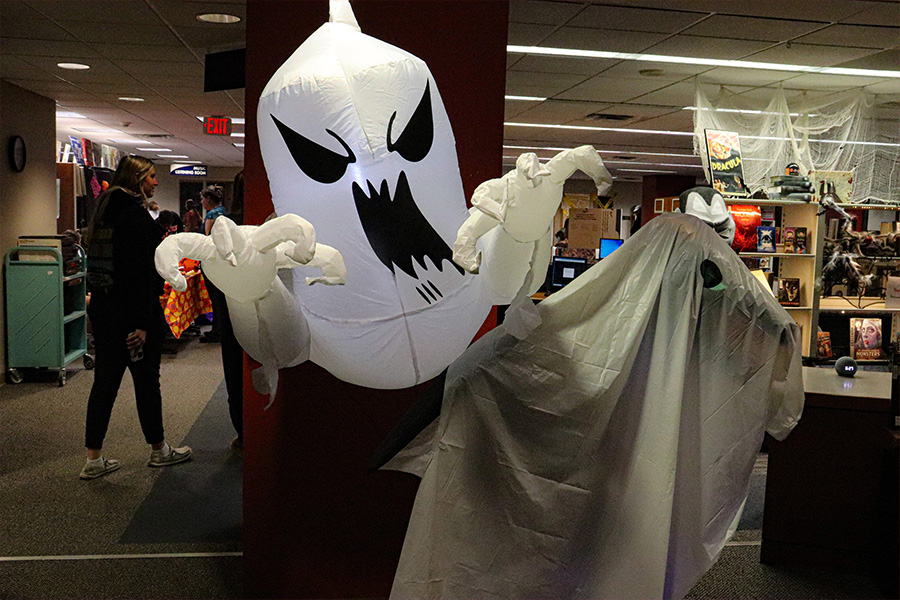For most people who grow up in a rural town, the first instinct after graduating high school is to move to a larger city. But junior Sean Webb never wants to live anywhere else.
Related Story
When Webb heard about The Scholars in Rural Health program as a sophomore in high school, he knew he had to apply. It was on his ride home from the interview that Webb received an email saying that he and 15 other students were selected.
“Getting into this program was the biggest goal I’ve ever set for myself,” Webb said. “It’s a pretty darn good feeling and it means everything to have been selected.”
The program is designed to target undergraduate students from rural Kansas who are interested in building successful careers as physicians in rural areas. It was founded due to the lack of physician care in rural Kansas. According to the Kansas Hospital Association, of the 127 community hospitals in Kansas, 96 are small hospitals with fewer than 50 beds. These hospitals are located in rural areas and lack sufficient medicinal staff, and the program hopes to produce rural doctors for these areas.
Webb, who was honored last year as the sophomore biology student of the year, is also the first Baker student to ever receive this honor.
“For me to be able to say that I’m the first to do something at this school is a tremendous honor,” Webb said. “It’s a testament to BU’s education and how professors strive to see students achieve. It’s a shell-shocking moment.”
Through the program, Webb will receive automatic admission to the University of Kansas School of Medicine, after completing his degree in biology from Baker. He will also be put on priority for loans and grants through the school.
“Sean deserves this honor,” Assistant Professor of Biology Erin Morris said. “He is an excellent student. He applies himself 100 percent in all his classes but I also think he has a real commitment to helping others.”
Another helpful push toward medicine came from Webb’s experience on his Interterm medical mission trip to Cambodia. The group set up clinics for Cambodians without access to medical care and gave treatment wherever they could.
“The trip showed me how much helping people can make a difference and how showing you care can go a long way,” Webb said. “But people in rural cities need help, too. I can’t think of anything else I’d rather do with my life than be somewhere where I’m needed and where I can make a difference. There’s no better feeling that I’ve found than helping someone when they really need it.”
Webb’s passion for medicine was solidified after writing a paper about leukemia in his seventh grade science class. He says that this unexpectedly important report kick started his desire to want to dive deeper in what makes people who they really are.
Another helpful push towards medicine came from Webb’s experience on his Interterm medical mission trip to Cambodia. The group set up clinics for Cambodians without access to medical care and gave treatment wherever they could.
“The trip showed me how much helping people can make a difference and how showing you care can go a long way,” Webb said. “But people in rural cities need help too. I can’t think of anything else I’d rather do with my life than be somewhere where I’m needed and where I can make a difference. There’s no better feeling that I’ve found than helping someone when they really need it; it’s a feeling of joy you never get sick of.”







